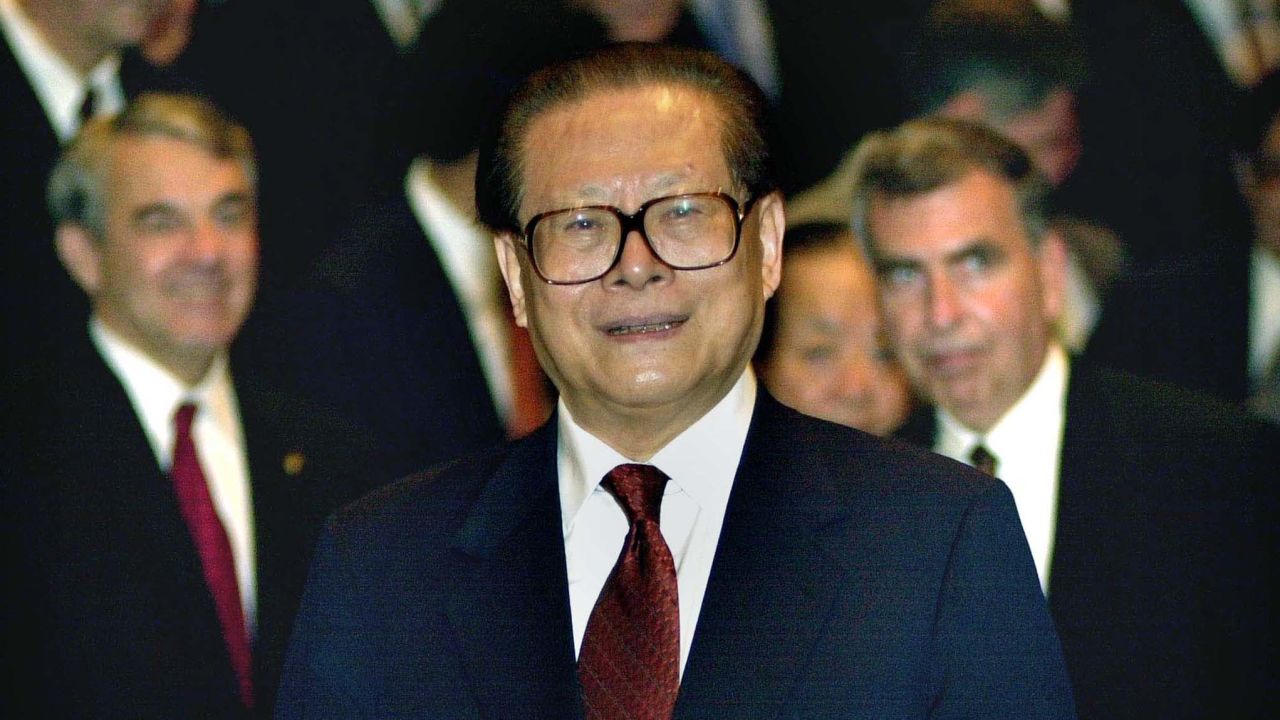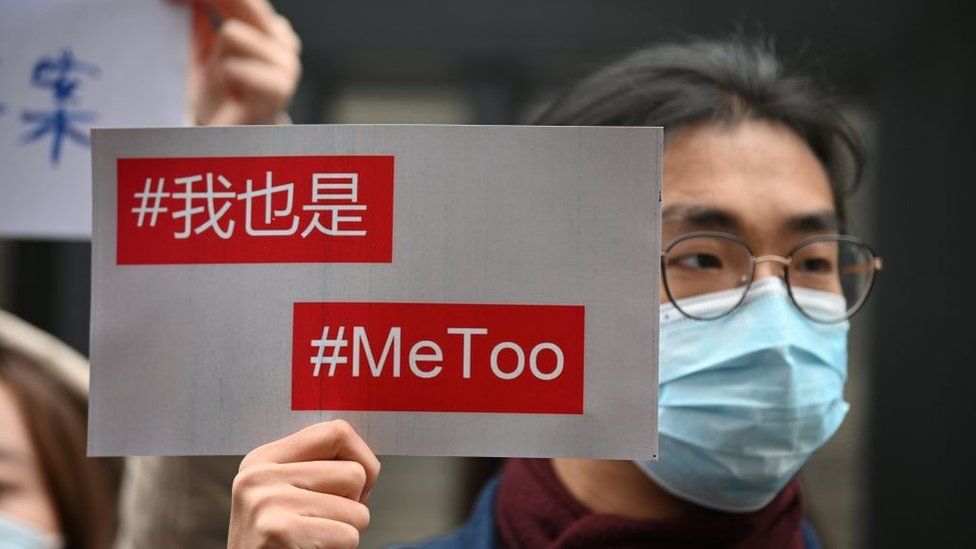The current president of China is Xi Jinping. “Uncle Xi” is most-known for his nationwide crackdown on corruption. Who was president before that? If you said Hu Jintao, you’d be right. Hu is remembered mostly for how unremarkable he was – he oversaw a ten-year period of consistent, if unexciting, growth for China, making little noise along the way. But can you recall who held the presidency before Hu’s term?
Ladies and gentlemen, we have Jiang Zemin – “the elder.”
Jiang Zemin was a pretty popular president in his own time. Though not without criticism, his term marked a breaking point in the widespread reforms that would go on to define the successes of post-Cultural Revolution China. By today’s standards, Jiang could be called conservative, but in the early 90s when he came into power, he was a revolutionary. His China in the 1990s was in many ways more liberal than it is now. Jiang Zemin was a powerful and respected president, but today the 91-year-old man, still very much alive, is reborn as a meme beacon of hope to China’s millennials.
Younger Chinese have adopted the leader as a beloved character of their own, despite not being old enough to clearly remember his presidency. Grainy video clips are enough to document the ex-leader’s unscripted public persona (a trait unmatched by perhaps any party official to come before or after him). In the clip above, Jiang scolds a reporter for asking if China’s elite had personally selected Hong Kong’s next president. Jiang rises to his feet and marches straight to the camera, in order to deliver a riveting oral address in three languages. He asks the reporters why they can’t be more like CNN’s Mike Wallace, whose company Jiang says he enjoyed very much. I’m speaking to you as an elder, he tells them, unwittingly generating his eternal nickname. He tells them they must raise their journalistic standards, then switches into English to denounce their questions as too simple… sometimes naïve!
Given the otherwise standard history of CCCP leaders as either cold pragmatists or calculated androids of Communist ideology, Jiang Zemin’s animated, genuine demeanor is a welcome breath of fresh air. It would be natural to write this outburst off as a one-time kind of occurrence. We’re happy to tell you, it’s not. In different videos Jiang can be found waltzing with the French president’s wife, playing the ukulele for a crowd of onlookers, and singing Elvis tunes.
Jiang Zemin pulls out a comb to fix his hair at a meeting with the Spanish king
The unlikely cult of personality that’s grown around Jiang is called moha (膜蛤), or toad-worship, referencing the leader’s admittedly amphibian features. Toad lovers who admire Jiang will use his most famous phrases frequently, and quickly bond with anyone who can respond with a Jiang Zemin quote of their own.
In China, though, even something as innocuous and positive as praising one of the country’s significant leaders is not so simple. In recent years, searches for Jiang’s name have become increasingly censored. Part of it had to do with a surge of untrue rumors about his death (remember, he is still alive). Really, the central government in Beijing doesn’t want people talking about politics at all, but searches for Jiang’s name are especially obscured in the context of Xi Jinping’s presidency. He and Jiang were political rivals, and there’s speculation among the people in China that Xi’s crackdown on corruption serves the secondary purpose of removing Jiang Zemin supporters from the party’s ranks, which falls in line with further speculation that Xi might attempt to stay on for an unprecedented third term.
Connections have been drawn between the beloved toad Jiang and another froggy figure who stands between the worlds of politics and internet memes: Pepe. The cartoon frog rose to a position of holding actual political influence when he was adopted as symbol of the alt-right during last year’s American election. Pepe went from a crude drawing circulating on message boards to a figure of political weight. Jiang Zemin looks like he might one-up the situation, going from a major political figure to a meme, and thereby back to a major influence on the digital generation that’s building tomorrow’s China.
One toad lover explained his own love of Jiang:
“I think it’s hard to pinpoint one reason for the phenomenon. I think it’s just his personality – his behavior is so different from the other Chinese leaders, especially Hu Jintao or Xi Jinping. They’re more contained, more restrained, very careful with their words. Also, the younger people didn’t really live through his period, so that contributes to the mystique around him.”
It’s 2017 and memes have actual power now. Jiang Zemin’s unlikely rise to internet superstardom could very well have an effect on the next generation of China’s leaders – he really was one-of-a-kind in the country’s history. In the meantime, we’ll leave you with these nonsense memes.




